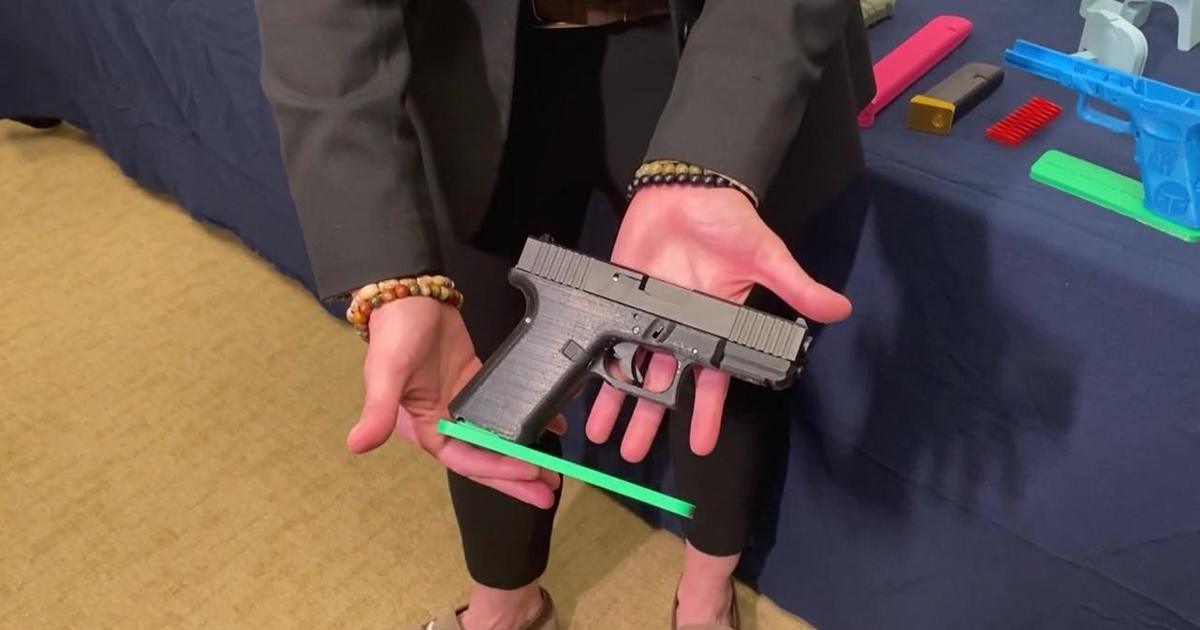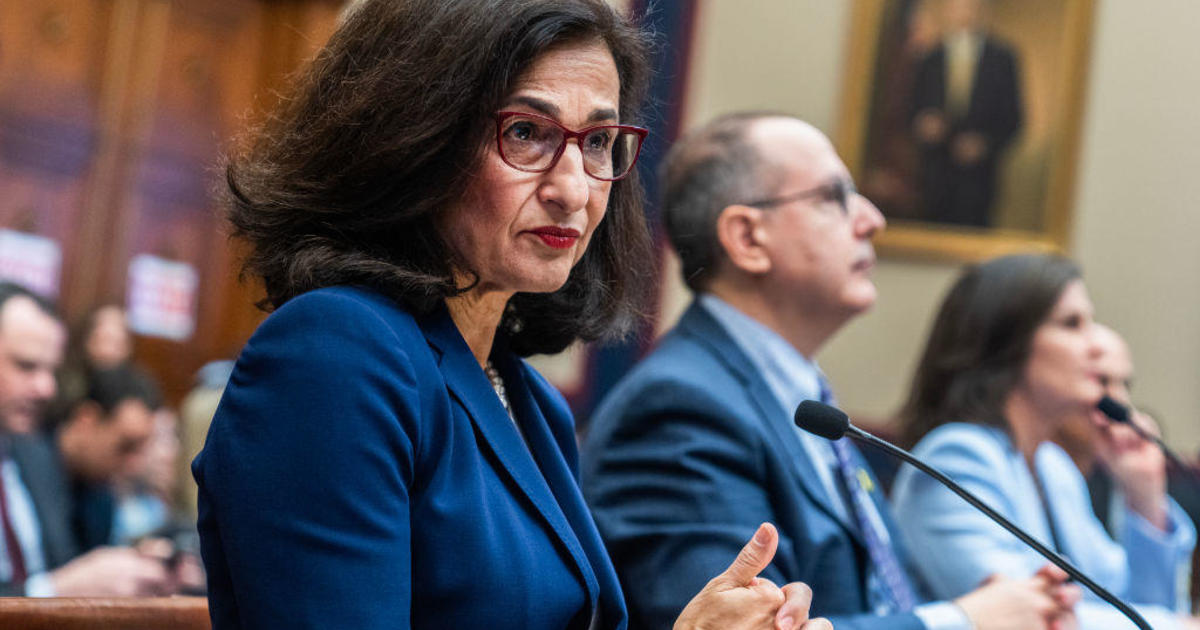Dr. Max Gomez: More CPR Instruction Training For 911 Operators Could Help Save Lives
NEW YORK (CBSNewYork) -- When someone has a heart attack, CPR by bystanders has been shown to save lives.
When callers don't know how to perform the life-saving technique, 911 operators often walk them through it.
Now, there could be a way to train 911 operators to make them more effective when callers don't know what to do, CBS2's Dr. Max Gomez reported.
Dentist Tim Gailey, a cardiac arrest survivor, began his day like any other -- seeing patients.
"I sat down and that was the last thing I remembered. I just collapsed," Gailey said.
Gailey had a cardiac arrest.
With a 911 dispatcher on the phone, his staff began CPR.
"I'm so grateful that you know I had 911 and someone helping direct me," said Valerie Ruiz, who performed CPR on the doctor.
"I just remember giving them hugs and crying and telling them how grateful I was that they saved my life and how grateful my family was to them for saving me," Gailey said.
Many 911 dispatchers already offer CPR instruction over the phone, but Dr. Ben Bobrow, from the Arizona Department of Health Services, and co-authors provided additional training to 911 dispatchers in two regional centers in the Phoenix metropolitan area.
The dispatchers were trained to be more confident and assertive with rescuers on the phone. They measured outcomes from more than 2,300 out of hospital cardiac arrests over a three-year period.
"Training them to say you need to do chest compressions, I'm going to help you, let's start," Bobrow said. "We've actually found that subtle thing is very important in motivating lay rescuers."
"We have to use a very strict tone of voice to kind of get them to listen to us and pull all that chaoticness away from them," 911 dispatcher Hannah Roether said.
The study appears in JAMA Cardiology.
"We found a 32 percent relative increase in the proportion of patients that survived to hospital discharge, so they went home from the hospital, and remarkably a 43 percent relative increase in functional outcome, which means patients that actually went back home in good shape," Bobrow said.
Bystander CPR has been shown to double or even triple survival from out-of-hospital cardiac arrest. For every minute without CPR, your odds of survival go down by as much as 10 percent.



